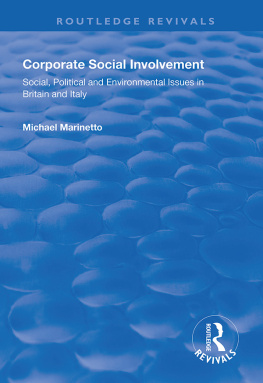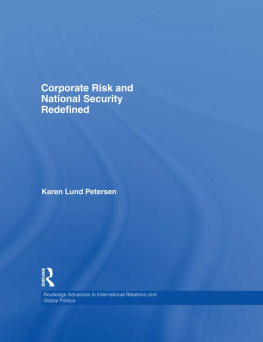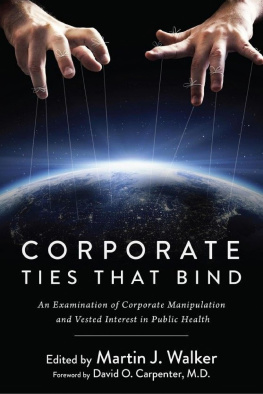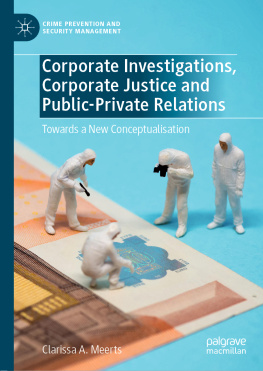
CITY AND ENTERPRISE
The European Institute for Comparative Urban Research, EURICUR, was founded in 1988 and has its seat with Erasmus University Rotterdam. EURICUR is the heart and pulse of an extensive network of European cities and universities. EURICURs principal objective is to stimulate fundamental international comparative research into matters that are of interest to cities. To that end, EURICUR co-ordinates, initiates and carries out studies of subj ects of strategic value for urban management today and in the future. Through its network EURICUR has privileged access to crucial information regarding urban development in Europe and North America and to key persons at all levels, working in different public and private organizations active in metropolitan areas. EURICUR closely cooperates with the Eurocities Association, representing about 80 large European cities.
As a scientific institution, one of EURICURs core activities is to respond to the increasing need for information that broadens and deepens the insight into the complex process of urban development, among others by disseminating the results of its investigations by international book publications. These publications are especially valuable for city governments, supra-national, national and regional authorities, chambers of commerce, real estate developers and investors, academics and students, and others with an interest in urban affairs.
EURICUR website: http://www.euricur.nl
This book is one of a series to be published by Ashgate under the auspieces of EURICUR the European Institute for Comparative Urban Research, Erasmus University Rotterdam. Titles in the series are:
Metropolitan Organising Capacity
Leo van den Berg, Erik Braun and Jan van der Meer
National Urban Policies in the European Union
Leo van den Berg, Erik Braun and Jan van der Meer
The European High-Speed Train and Urban Development
Leo van den Berg and Peter Pol
Growth Clusters and City Marketing in European Cities
Leo van den Berg, Erik Braun and Willem van Winden
Information and Communications Technology as Potential Catalyst for Sustainable Urban Development
Leo van den Berg and Willem van Winden
Sports and City Marketing in European Cities
Leo van den Berg, Erik Braun and Alexander H.J. Otgaar
Social Challenge and Organising Capacity in Cities
Leo van den Berg, Jan van der Meer and Peter M.J. Pol
First published 2003 by Ashgate Publishing
Reissued 2018 by Routledge
2 Park Square, Milton Park, Abingdon, Oxon OX14 4RN
711 Third Avenue, New York, NY 10017, USA
Routledge is an imprint of the Taylor & Francis Group, an informa business
Copyright Leo van den Berg, Erik Braun and Alexander H.J. Otgaar 2003
Leo van den Berg, Erik Braun and Alexander H.J. Otgaar have asserted their right under the Copyright, Designs and Patents Act, 1988, to be identified as the authors of this work.
All rights reserved. No part of this book may be reprinted or reproduced or utilised in any form or by any electronic, mechanical, or other means, now known or hereafter invented, including photocopying and recording, or in any information storage or retrieval system, without permission in writing from the publishers.
Notice:
Product or corporate names may be trademarks or registered trademarks, and are used only for identification and explanation without intent to infringe.
Publishers Note
The publisher has gone to great lengths to ensure the quality of this reprint but points out that some imperfections in the original copies may be apparent.
Disclaimer
The publisher has made every effort to trace copyright holders and welcomes correspondence from those they have been unable to contact.
A Library of Congress record exists under LC control number: 2003048162
ISBN 13: 978-1-138-71145-7 (hbk)
ISBN 13: 978-1-315-19980-1 (ebk)
From 2000 until 2002, the European Institute for Comparative Urban Research (EURICUR) has been carrying out two studies on corporate citizenship in Europe and the United States. This book - City and Enterprise: Corporate Community Involvement in European and US Cities - contains the results of these investigations. It discusses the changing interests of private firms and the increasing need to develop partnerships between companies and non-private organisations.
The importance of working together also reveals itself in our research activities. Therefore, we should like to thank the following people and organisations for their assistance. First of all, we are grateful to Peter Zimmermann and Giljam Lokerse from accountancy and consultancy firm Deloitte & Touche The Netherlands, who sponsored both projects. Secondly, thanks are due to our contact persons in the various cities, namely Dennis Judd, David Jenkins and Wim Wiewel (Chicago), Christopher Exeter, Peter Davies, David Halley, Ella Ward and Pam Lee (London/Leeds), Bernhard Eller and Klaus Schumann (Munich), Professor Susan Fainstein (New York) and Professor Alan Artibise (Seattle/St. Louis). Furthermore, we give thanks to all the discussion partners (listed at the end of the chapters) for their valuable input.
A final word of thanks and appreciation goes to Ankimon Vernde for her steady support on behalf of the EURICUR secretariat, and to Mrs Attie Elderson-de Boer for her translation of the original Dutch text.
Professor Leo van den Berg
Dr s Erik Braun
Dr s Alexander HJ. Otgaar
Rotterdam, March 2003
Introduction
In the past, corporate community involvement was mainly considered a form of philanthropy. From some moral obligation, companies were presumed willing to contribute towards activities that help to solve or alleviate social problems. However, nowadays the argument is gaining credit that corporate community involvement is not (only) a matter of ethics, but (also) of self-interest. That argument may have intriguing consequences for the sustainable development of (major) cities and the relation between companies, local governments and non-profit organisations. For indeed, as companies recognise their interest in the welfare of the city (where their employees, suppliers and customers are situated), they may become inclined to invest in some way in that citys welfare. We assume that the interests of public and private stakeholders tend to converge as companies become aware of their interest in an attractive environment. If that is true, corporate community involvement may bring along a new type of public-private partnership, as an instrument of urban regeneration.
To develop knowledge with respect to corporate community involvement in relation to urban development, the European Institute for Comparative Urban Research (EURICUR) has carried out an international investigation, of which this book is the result. The key question is: what are the (potential) implications of corporate community involvement for the sustainable development of cities and the creation of cross-sector partnerships? To answer that question, we have identified four sub-questions:








